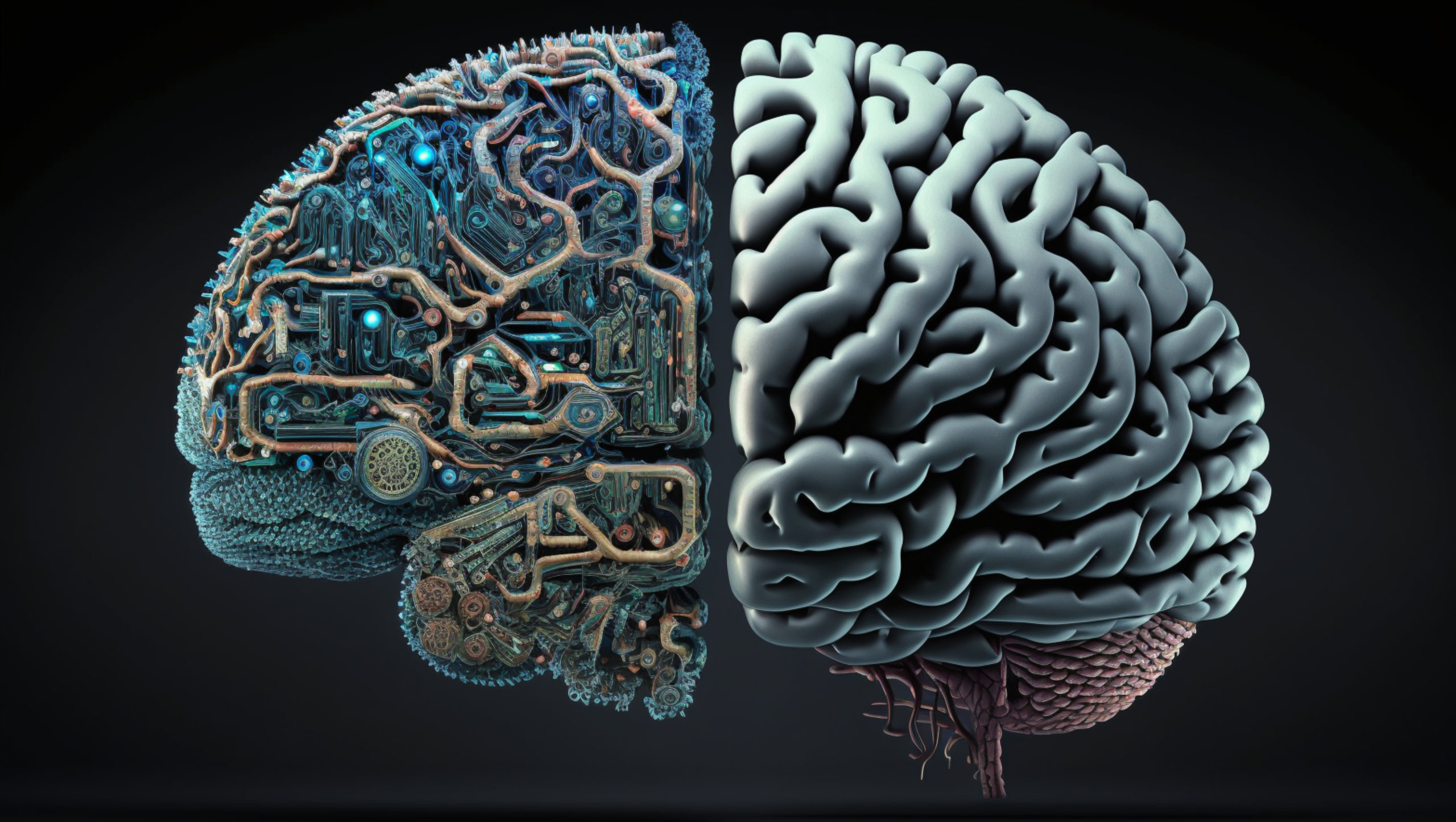The Great AI Debate: The pleasures and the pitfalls.
“The emergence of artificial intelligence (AI) and the technological singularity is a threat to human survival.” – Stephen Hawking, physicist. BBC interview, 2014
What is all the fuss about?
Should you be afraid?
The AI Myth, Mind vs Machine:

In our experience, ChatGPT’s ability to interpret requirements and suggest appropriate material has been good-to-excellent so far. This ranged across subjects as diverse as marketing, coding and management skills development. Nevertheless, we kept strict watch on the accuracy of the supplied material
What to watch out for.
What do you need to watch out for? Large-language models are still inclined to extrapolate (also called hallucinating) information which may not be true. Occasionally, it will ignore certain aspects of a subject or will include outdated concepts because it is not current with the latest data. So, you have to take care when building a prompt to stipulate clearly what you need to know or include. Be prepared to drill down and prompt in different ways to get the level of detail you need. You must fact check for accuracy. In most cases this is easily done with a quick search of the key terms, something you probably would have done anyway when researching your subject. If you are creating code, test wherever possible. Surprisingly, mathematics seems to be a tricky concept for AI to manage, so don’t rely on any results produced. Another problem can be oversimplification – AI cannot identify when certain nuances or details are important for a complete understanding of a subject. In this respect humans still have a critical role to play in editing, checking, guiding and reviewing AI results. Keep the words of author Margaret Atwood in mind: “Machines don’t have morals, and neither do the people who program them.” Though AI language models use communication patterns that convincingly mimic reasoning and accountability capabilities, they don’t reason and may never do so in truly human terms. The humans who feed data to AI machines are free agents – that means that they are subject to personal and professional whims and fallacies which they have little motivation to control or eliminate. Until such time as AI development is subjected to regulation, it’s critical to check, check and check again for bias and mistakes.Conclusion
It’s a vast subject and justifiably cause for concern. At this point though, AI machines are still dependant on humans for all of their knowledge. What we put in, is what we will get out. While AI can make predictions and extrapolate results more accurately and faster than humans, they cannot ‘learn’ about the world without us. Our knowledge is still relevant and so is our human experience and insight. No machine is nearly able to match those qualities yet.
The Learning Studio has a wealth of experience in creating engaging and effective content. We’re also excited about the possibilities that AI offers and using the benefits to make our eLearning as great as possible. We would be happy to share what we’ve learned about both human and AI content development!

Kerushan Naidoo
Head of Moodle Development
